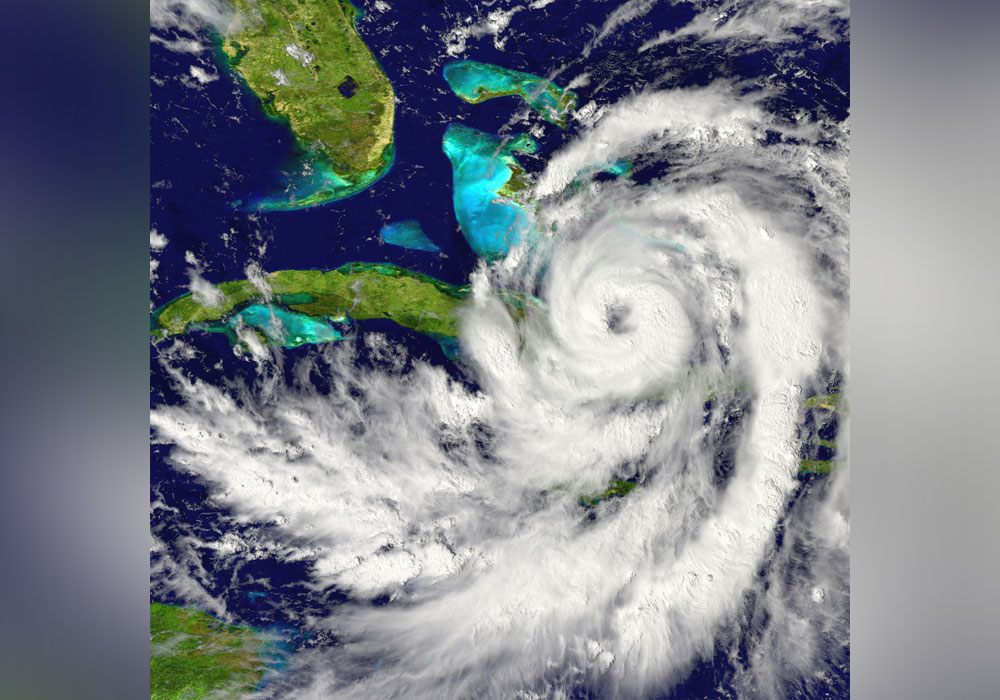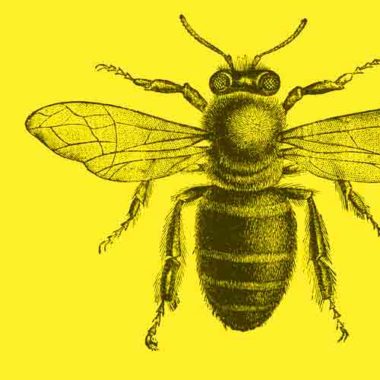Cue vs. Queue
When do you cue, and when do you queue? Cue typically refers to a signal that encourages someone to take an action, while queue indicates an ordered line or file. Both cue and queue are pronounced like the letter Q, and are considered to be homophones. Homophones are words that sound the same but have different meanings. Additionally, both cue and queue can be …











